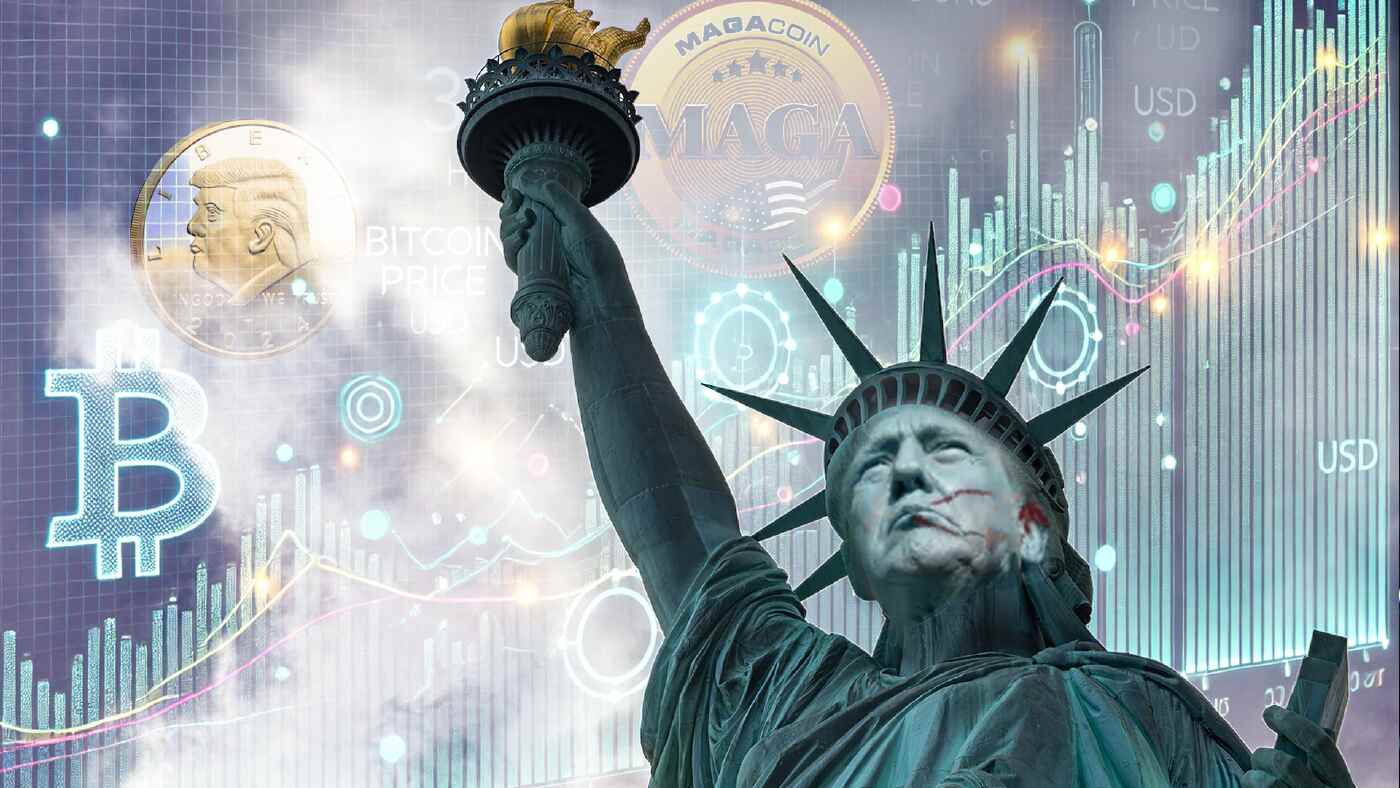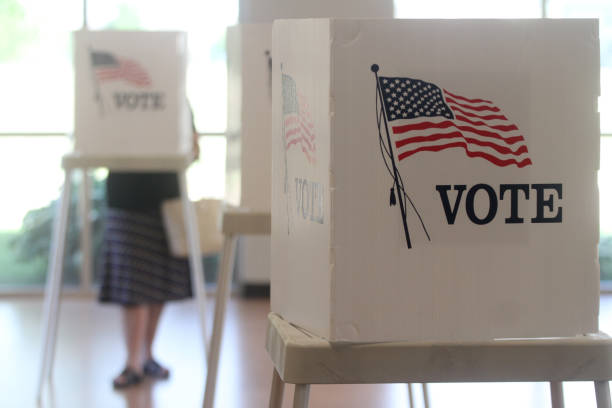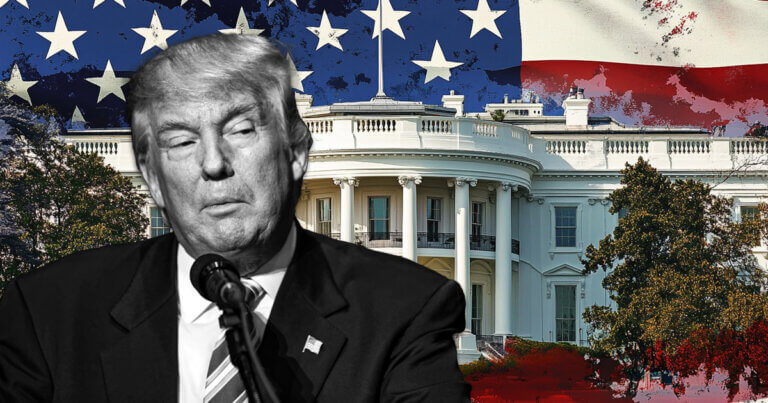Donald Trump is stirring up the crypto world as he ramps up his 2024 presidential campaign. He’s making bold promises that sound like music to the ears of crypto enthusiasts, but it’s crucial to ask: can he actually deliver on them? Let’s break down why these promises matter, what they mean for the U.S. crypto landscape, and why understanding this could sharpen your perspective on politics and finance.
1. Crypto Liberation and Ending Crackdowns
Trump’s main pitch is aimed at reversing what he calls an “unlawful and unAmerican” crackdown on crypto under the Biden administration. He promises a world where people can mine Bitcoin freely and own digital assets without government snooping. This touches on two big terms you should know:
- Bitcoin Mining: The process of validating and adding transactions to the Bitcoin blockchain, which requires significant energy and resources.
- Self-Custody: The concept of controlling your own digital assets, keeping them in your wallet instead of an exchange’s custody.
This promise speaks to the heart of the crypto community’s desire for freedom and decentralization. However, making America the primary hub for Bitcoin mining comes with big questions. Bitcoin’s nature is decentralized, meaning it’s not designed to be controlled or centered in one country.
2. Tackling America’s $35 Trillion Debt with Crypto
Trump threw out a wild idea: using crypto to address America’s $35 trillion national debt. Now, think about this—imagine using Bitcoin, known for its huge price swings, to tackle a century-old debt problem. It’s eye-catching, sure, but experts like Ric Edelman say it’s more of a catchy campaign slogan than a practical plan. For you, this introduces the idea of reserve assets, which are holdings used to secure a country’s financial stability.
3. Building a Strategic Bitcoin Reserve
Trump wants the U.S. to establish a Bitcoin reserve, essentially a national stockpile of Bitcoin. This might sound like a bold way to hedge against future financial turmoil, but there’s a snag: much of the Bitcoin the government holds comes from law enforcement seizures tied to criminal cases. These legal complications could slow down or even derail such a plan.
Interestingly, a bill by Senator Cynthia Lummis proposes a similar idea, aiming to acquire 1 million BTC over five years. This is where terms like hedging (a way to reduce risk in investments) and legislative backing (laws supporting a policy) come into play.
4. Regulatory Shake-Up: Firing Gary Gensler
Trump has declared that, if elected, he’ll fire SEC Chair Gary Gensler on “day one.” The crypto community has long criticized the SEC’s enforcement-first approach, arguing it creates an environment of uncertainty. However, removing Gensler wouldn’t be straightforward. The president can’t just fire an SEC chair without justifying it, and legal and political processes would likely stretch over a year. This reveals a deeper term: “regulation by enforcement,” where rules are enforced through lawsuits rather than clear guidelines.
5. Blocking Central Bank Digital Currencies (CBDCs)
Trump vows to stop the development of a U.S. central bank digital currency (CBDC), which he believes threatens financial privacy. Here’s why this is a big deal: a CBDC is a government-issued digital currency that could potentially give authorities more oversight over people’s transactions. To you, this topic highlights the ongoing debate between privacy versus regulation in finance.
6. Freeing Ross Ulbricht
In a dramatic move, Trump also said he’d commute the sentence of Ross Ulbricht, founder of the notorious Silk Road marketplace, on “day one.” Ulbricht’s punishment—double life sentences for nonviolent offenses—has sparked debates about fairness and judicial overreach. This underscores key issues like criminal justice reform and digital-age legal precedents.
7. Establishing a Crypto Advisory Council
To bring expertise to the White House, Trump plans to set up a presidential crypto advisory committee. This would mean the rules would be crafted by crypto advocates, not skeptics. Such a council could help bridge the knowledge gap that currently exists in Washington regarding digital assets.
Why This Matters for You
Understanding these promises and their potential impact can give you insight into how technology, economics, and politics are deeply intertwined. Whether Trump’s plans are realistic or not, they open discussions on:
- How crypto can be integrated into national policy.
- The balance between innovation and regulation.
- The future of financial sovereignty and privacy.
Staying informed on these topics could help you recognize how political moves shape markets and technological advancements. Even if you’re not into politics, knowing how leaders might handle emerging tech can influence everything from investment decisions to career paths.


